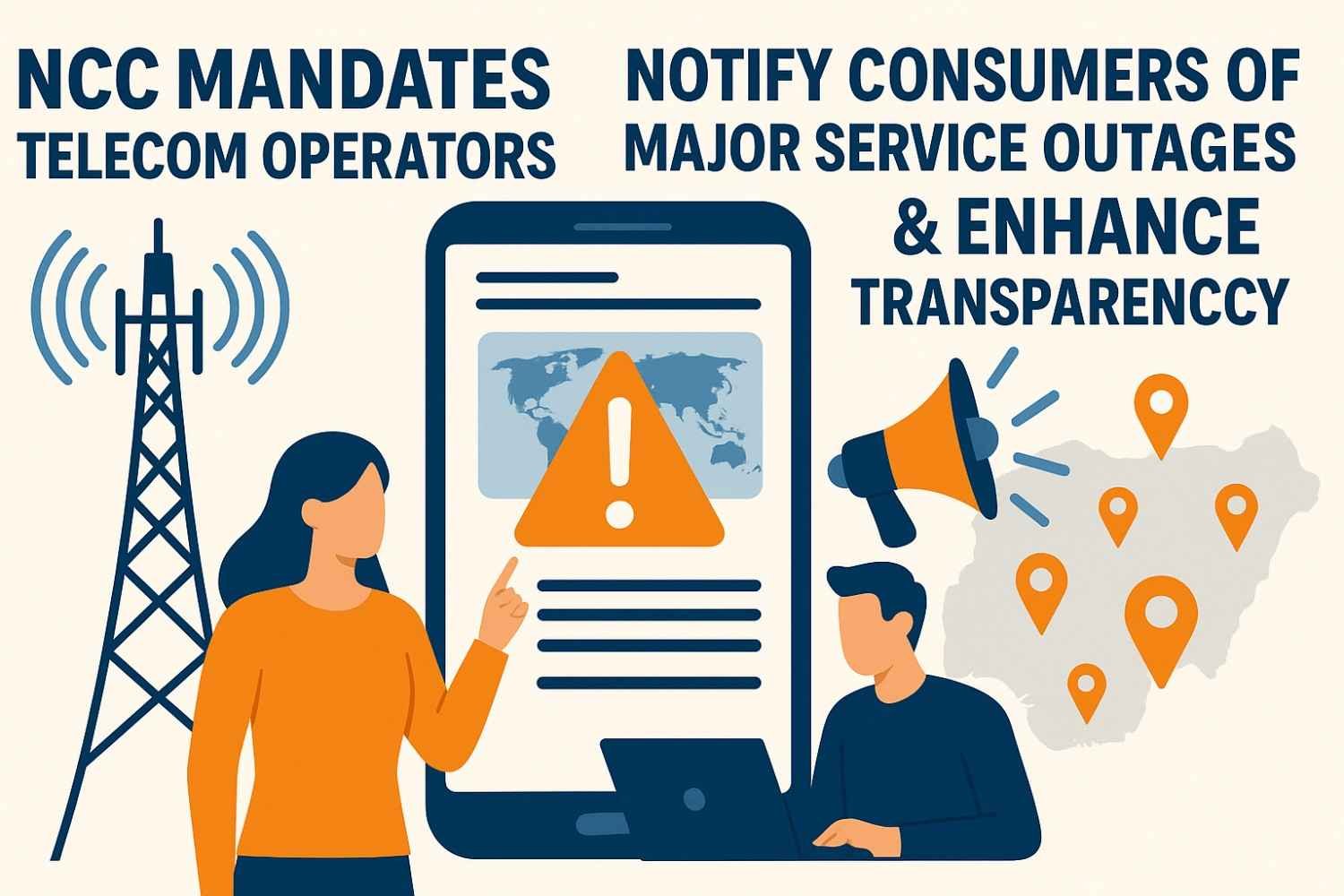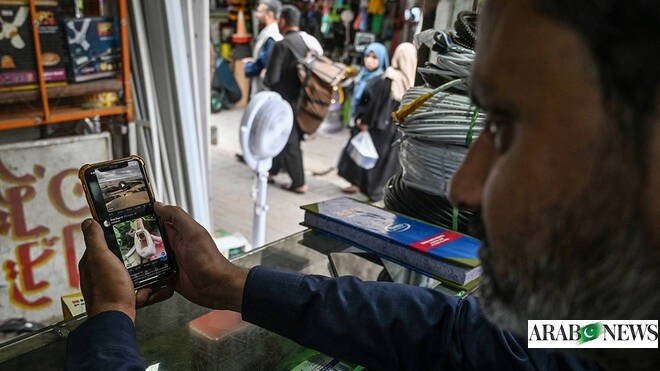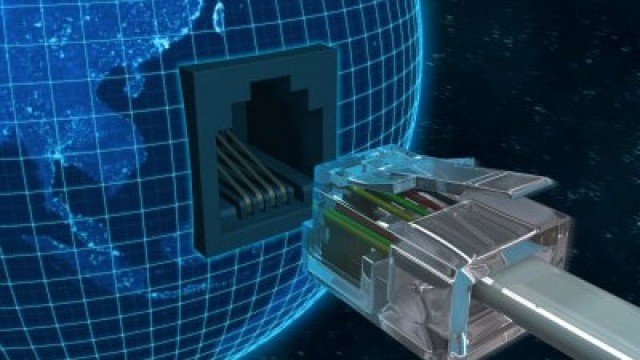The Nigerian Communications Commission (NCC) has issued a directive requiring telecom licensees to inform consumers of major network service outages via media channels. The announcement, made by Nnenna Ukoha, acting head of Public Affairs at NCC, mandates operators to provide details on the cause of outages, affected regions, and estimated restoration timelines.
Recognizing that telecom service disruptions are a frequent challenge in Nigeria—impacting millions of subscribers, businesses, and the broader economy—the directive aims to improve consumer experience through timely communication and accountability. Causes of outages range from infrastructure faults and fibre optic cable cuts to network overloads and natural disasters.
Under the new rule, operators must notify consumers at least one week in advance for any planned service outages. The “Directive on Reportage of Major Network Outages by Mobile Network Operators (MNOs)” is part of NCC’s efforts to expedite outage resolution and keep the public informed.
The directive also requires mobile network operators, internet service providers, and last-mile service providers to offer proportional compensation—such as validity extensions—if major outages persist beyond 24 hours, in accordance with the consumer code of practice regulations.
Major outages are defined as network disruptions impacting five percent or more of an operator’s subscriber base, five or more Local Government Areas (LGAs), or any outage isolating 100 or more network sites for at least 30 minutes. Outages degrading service quality in Nigeria’s top 10 highest-traffic states also qualify as major incidents.
All major outages must be reported through NCC’s publicly accessible major outage reporting portal, which discloses the responsible party for each disruption. Edoyemi Ogor, Director of Technical Standards and Network Integrity at NCC, highlighted that the portal and reporting process have been trialed with operators prior to issuing the directive.
“The commission is fostering a culture of accountability and transparency by ensuring stakeholders and consumers receive timely updates on network outages,” Ogor said. “This also holds culprits accountable for damaging telecommunications infrastructure, aligning with the Executive Order signed by President Bola Ahmed Tinubu that designates telecom infrastructure as Critical National Information Infrastructure (CNII). Safeguarding these assets is vital to national security, economic stability, and the everyday lives of Nigerians.”















